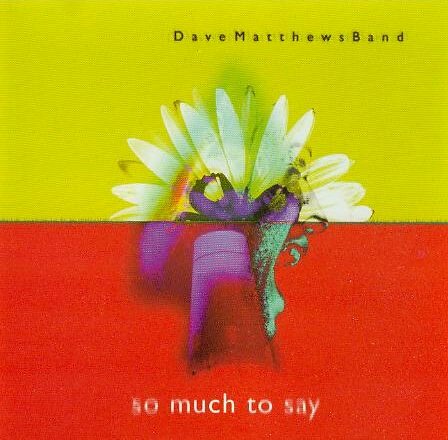So Much 2 Say (Take 6 album) — Infobox Album Name = So Much 2 Say Type = Studio album Longtype = Artist = Take 6 Released = 1990 Recorded = Genre = Gospel music Length = Label = Warner Bros. Records Producer = Mervyn Warren Co Producer Alvin Chea Cedric Dent Mark Kibble Claude … Wikipedia
have something/nothing/much to say for yourself — have something/nothing/much (etc.) to say for yourself : to be able or unable to say something that explains what you are doing, have done, etc. I asked him about school, but he didn t have much to say for himself. Your teacher says you were… … Useful english dictionary
much — [ mʌtʃ ] (comparative more [ mɔr ] ; superlative most [ moust ] ) function word, quantifier *** Much can be used in the following ways: as a determiner (followed by an uncountable noun): There isn t much time left. How much money do you have? as… … Usage of the words and phrases in modern English
say — say1 W1S1 [seı] v past tense and past participle said [sed] third person singular says [sez] ▬▬▬▬▬▬▬ 1¦(express something in words)¦ 2¦(give information)¦ 3¦(mean)¦ 4¦(think that something is true)¦ 5¦(show/be a sign of something)¦ 6¦(speak the… … Dictionary of contemporary English
say — say1 [ seı ] (3rd person singular says [ sez ] ; past tense and past participle said [ sed ] ) verb *** ▸ 1 express something using words ▸ 2 have opinion ▸ 3 mean something ▸ 4 give information/orders ▸ 5 show what someone/something is like ▸ 6… … Usage of the words and phrases in modern English
say — I UK [seɪ] / US verb Word forms say : present tense I/you/we/they say he/she/it says UK [sez] / US present participle saying past tense said UK [sed] / US past participle said *** Get it right: say: Unlike the verb tell, the verb say is never… … English dictionary
say — [[t]se̱d[/t]] ♦ saying, said 1) VERB When you say something, you speak words. [V with quote] I m sorry, he said... [V that] She said they were very impressed... [be V ed to inf] Fo … English dictionary
much */*/*/ — UK [mʌtʃ] / US adverb, determiner, pronoun Word forms much : comparative more UK [mɔː(r)] / US [mɔr] superlative most UK [məʊst] / US [moʊst] Summary: Much can be used in the following ways: as a determiner (followed by an uncountable noun):… … English dictionary
much — determiner, n., pronoun 1) to make much of smt. 2) much of (we did not believe much of what we heard; he isn t much of an artist) 3) much to + inf. (she has much to say; we have much to learn) 4) (misc.) much as we want to help USAGE NOTE: The… … Combinatory dictionary
much — For the complementary uses of much and very, see very. very, much 1. The uses of very and much as intensifying adverbs are for the most part complementary. Very qualifies adjectives and adverbs (very large / very slowly), whereas much qualifies… … Modern English usage

